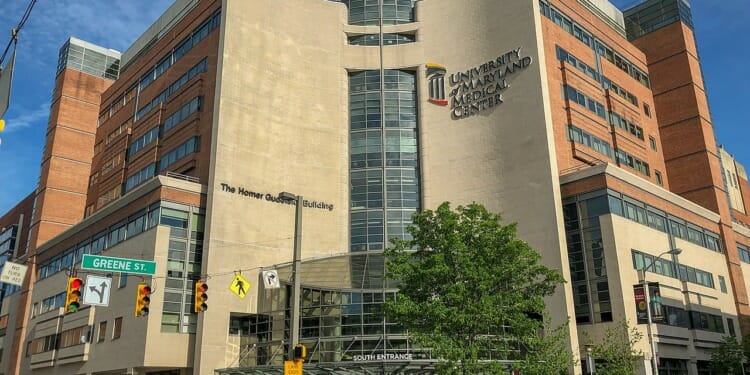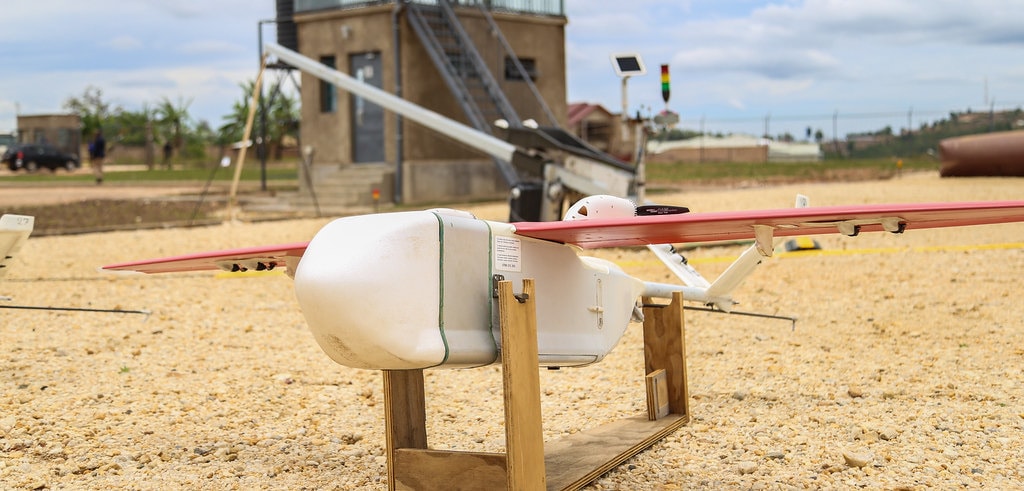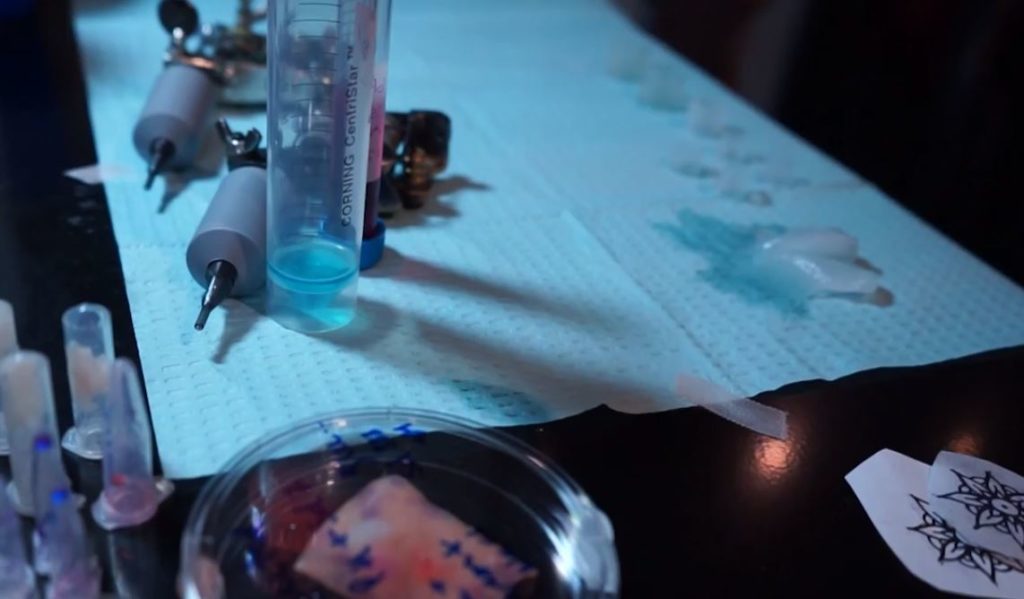Updated January 14, 2022: The news just came in that the pig-heart transplant recipient was convicted in 1988 for stabbing a man, leaving him paralyzed.
An American man with terminal heart disease is recovering after receiving a breakthrough operation where a genetically modified pig’s heart was transplanted into his body. 57-year-old David Bennet had been offered the procedure as a last ditch effort to save his life, he was too ill to be put on the waiting list for a human organ.
Bennet stated before his operation, “It was either die or do this transplant. I want to live. I know it’s a shot in the dark but it’s my last choice.” This surgery is the first of its kind and is being considered a colossal step towards the effort to successfully transplant animal organs into humans.
UMMC performs first-of-its-kind surgery successfully transplanting a genetically-modified pig heart to terminal heart disease patient. Learn more: https://t.co/2LfCe9Nc4k pic.twitter.com/ycgKYSYtWm
— University of Maryland Medical Center (@UMMC) January 10, 2022
The efforts have been going on for decades; one of the earliest on record was Baby Fae, she survived for 21 days after the transplant of a baboon’s heart in 1984. Before this surgery there had been some promising data in the use of pig pancreas cells in diabetes patients. Also, for many years, pig heart valves have been replacing valves in humans with a high success rate.
There have been concerns raised regarding whether Mr. Bennet will now be susceptible to porcine retrovirus, a pig virus that can be transmitted to humans but he is being monitored for such infections by the University of Maryland Medical Centre.
The heart that he received had to go through a barrage of gene-editing before being transplanted. It had a certain type of sugar removed from its cells that has been considered the reason for organ rejections in patients in the past. They had to get rid of three genes in the pig’s genome that would cause a rapid immune system response in a human recipient; they also deactivated a gene that allows a pig heart to continue growing.
Related Articles: The Future of Bioethics: Organ Transplantation, Genetic Testing, and Euthanasia | What Qualities Do You Want in a Doctor: Compassion or Competence?
They are believed to have added six human genes to assist with the organs acceptance but it has not been disclosed at this time what those genes were.
This groundbreaking procedure was performed by Dr Bartley Griffith and he gave an update on Monday Jan 10th 2022 saying,“It creates the pulse, it creates the pressure, it is his heart. It’s working and it looks normal. We are thrilled, but we don’t know what tomorrow will bring us. This has never been done before.”
Latest reports state Mr. Bennett is breathing on his own although he is still connected to a heart-lung bypass machine to help strengthen his blood circulation. The first 48 hours after a transplant are considered a critical window and they appear to have been successfully passed through although Dr Griffith still insists, “We are proceeding cautiously, but we are also optimistic that this first-in-the-world surgery will provide an important new option for patients in the future.”
As it stands around 110,000 Americans are on the waiting list for organ transplant and the unfortunate reality is more than 6,000 die each year before receiving an organ. Xenotransplantation, the fancy term for the transplantation of animal organs into human recipients, could be the answer and save thousands of lives.
Dr Muhammad Mohiuddin, Professor of Surgery at University of Maryland School Of Medicine (UMSOM) and Scientific/Programme Director of the team who undertook this surgery said:
“This is the culmination of years of highly complicated research to hone this technique in animals with survival times that have reached beyond nine months. The FDA used our data and data on the experimental pig to authorize the transplant in an end-stage heart disease patient who had no other treatment options. The successful procedure provided valuable information to help the medical community improve this potentially life-saving method in future patients.”
UMSOM received a $15.7 million sponsored research grant to evaluate Revivicor genetically-modified pig UHearts™ in baboon studies. Revivicor are a regenerative medicine company and Dr Mohiuddin stated that “If this works, there will be an endless supply of these organs for patients who are suffering.”
Reports suggest that several biotech firms have now begun developing genetically modified pig organs for human transplant. But only Revivicor will be able to claim the honour of being first.
This marks a turning point in medicine, if the procedure is a success we may have a solution to the decades long organ crisis. Even human organs that are closely matched for transplant can be rejected by the host body but this procedure comes with an unknown level of risk for rejection.
Being the first of its kind is a remarkable feat it also unfortunately means there is little to no data on the probable outcome. On a personal level for Mr. Bennett, it could mean more time with his family, organ transplant is about life extension but without data it cannot be predicted how long Mr Bennett’s life could be extended by.
These next few weeks will prove critical as to the level of success this surgery will have. We will all have to watch along and await the updates from the medical team at UMSOM and perhaps they will have solved one of medicine’s toughest problems.
Editor’s Note: The opinions expressed here by Impakter.com columnists are their own, not those of Impakter.com. — In the Featured Photo: University of Maryland Medical Centre. Featured Photo Credit: WikiMedia Commons














